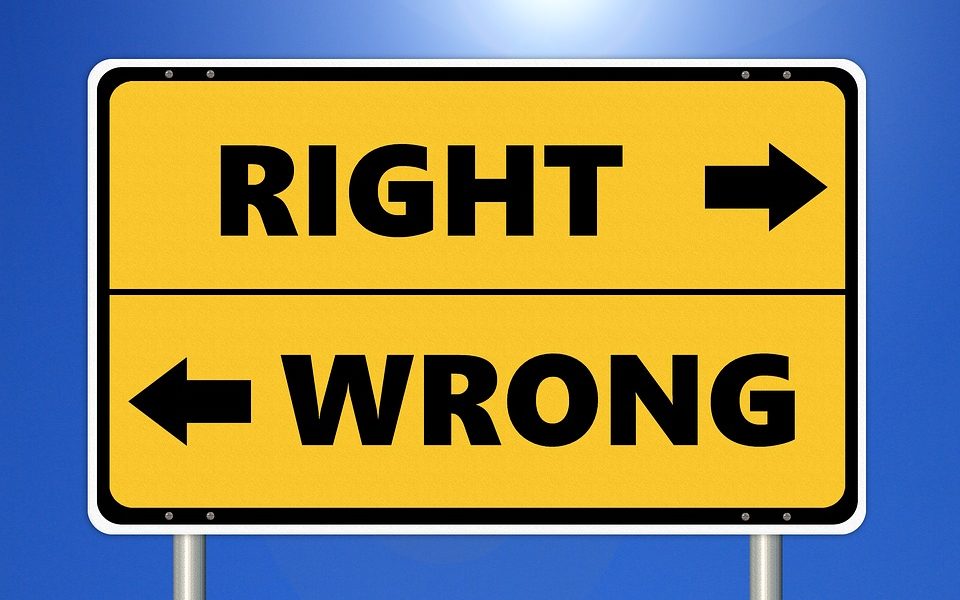
Some years ago, Phil Zuckerman, a sociology professor at Pitzer College, wrote a crisply argued, engaging book titled ‘Society Without God.’ He maintained that low levels of religious belief do not increase immoral behavior. On the contrary, using empirical evidence, he pointed out that countries with low levels of religious belief, in particular Denmark and Sweden, enjoyed much lower crime rates and corruption levels than the United States.
So, what do you know — we atheists are not inherently evil. (Well, some of us.) Zuckerman continued with this theme in later works. Still, of late, he has been putting forth a different sort of argument, one which, sadly, is not supported by sound empirical evidence but rather by his political preferences.
Specifically, Zuckerman has been claiming (for example, at Freedom from Religion Foundation’s 2021 convention and on social media) that the fact that the percentage of atheists who support policies such as lower defense spending and reparations for slavery is higher than the percentage of religious believers supporting such policies shows that atheists are, in general, more moral than the religious. Incredibly, he also suggests that the fact that percentage-wise atheists are less likely to be Republicans indicates their moral superiority.
I disagree.
To begin, Zuckerman exhibits a deeply flawed understanding of what it means to be a moral person. A moral person abides by (at least the vast majority of the time) common moral decencies. It’s a person who doesn’t lie, who keeps her promises, who doesn’t steal, who doesn’t force himself sexually on someone else, etc. I say these are the common moral decencies because they are the norms of conduct that every society needs to foster cooperation and hold itself together.
Public policy questions, such as how much to spend on defense, are not, for the most part, moral questions. They’re pragmatic questions and questions of prudence about which good people can disagree. Moreover, it’s questionable, to say the least, for Zuckerman to use as a moral barometer his policy preferences. He thinks we should spend less on defense; OK, that’s his view. I’d say in a world with so many powerful nations hostile to democracy, it’s damn imprudent to be penny-pinching when it comes to defense. (See, e.g., Ukraine.) That said, I don’t think he’s immoral to take that position. Just naïve.
What about reparations? A strong argument could be made that those who were enslaved should have received reparations, in particular from the states where slavery was legal. Unfortunately, that didn’t happen. Now 160 years later, there are a number of issues that make reparations more problematic. How direct a descendant must one be? Are those who have both slavers and enslaved as ancestors (yes, there are some) disqualified? Should there be an income cutoff? A wealth cutoff? As reparations presumably need to be funded by taxes, should the taxes of first and second-generation Americans be protected from any increase, given they had no connection to slavery? And, of course, there are those who say reparations should go to all African Americans regardless of their ancestral connection to slavery. Why? And if the primary motivation for reparations is to close the wealth gap between blacks and whites, aren’t there better ways to do this? I raise these questions not to argue against reparations – I’m open to the idea provided it doesn’t bankrupt the country, increase racial tension, or result in Joel Embiid getting a $10,000 check – but to make the point that there are legitimate arguments against reparations and being opposed to reparations doesn’t say anything about one’s morality.
For far too long, the religious demonized atheists and boasted of their moral superiority. These claims were ridiculous. Regrettably, Zuckerman (and he’s not alone) seeks to emulate the religious by branding people immoral because they disagree with his policy positions.
Atheists don’t need popes.